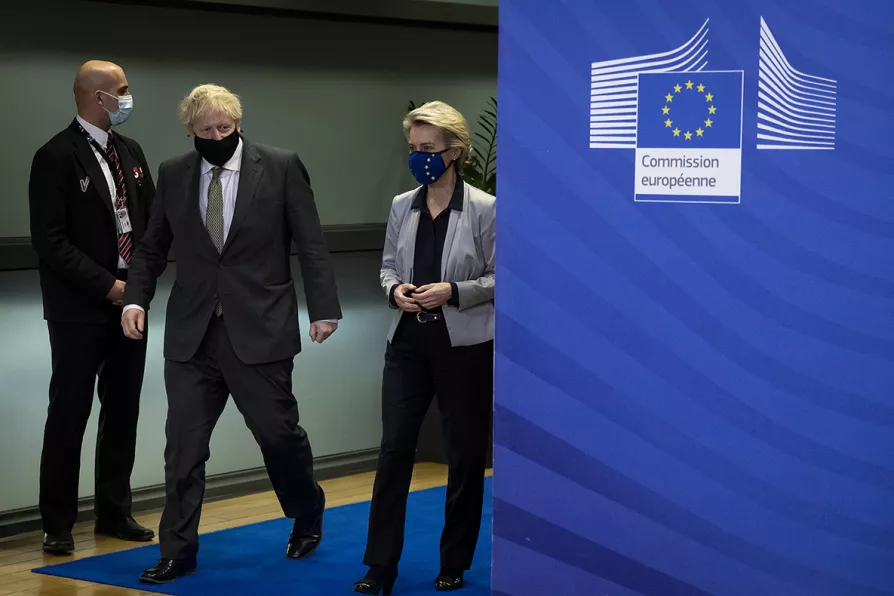John Wojcik pays tribute to a black US activist who spent six decades at the forefront of struggles for voting rights, economic justice and peace – reshaping US politics and inspiring movements worldwide

 TORY DEAL: Prime Minister Boris Johnson in Brussels with European Commission president Ursula von der Leyen
TORY DEAL: Prime Minister Boris Johnson in Brussels with European Commission president Ursula von der Leyen
THE first thing to say about the UK Trade and Co-operation Agreement with the EU is that it was a treaty negotiated by a Conservative government — not a Labour government. Certainly not by a progressive Labour government.
But a Conservative government dominated by neoliberal, free-market objectives and ambitions, particularly those of banking and finance.
To emphasise this point further, it is worth considering how a progressive Labour government might have tackled the negotiations — as, for instance, one elected on the basis of Labour’s most recent (2019) election programme.

Four decades on, the Wapping dispute stands as both a heroic act of resistance and a decisive moment in the long campaign to break trade union power. Lord JOHN HENDY KC looks back on the events of 1986

Deep disillusionment with the Westminster cross-party consensus means rupture with the status quo is on the cards – bringing not only opportunities but also dangers, says NICK WRIGHT

It is only trade union power at work that will materially improve the lot of working people as a class but without sector-wide collective bargaining and a right to take sympathetic strike action, we are hamstrung in the fight to tilt back the balance of power, argues ADRIAN WEIR










